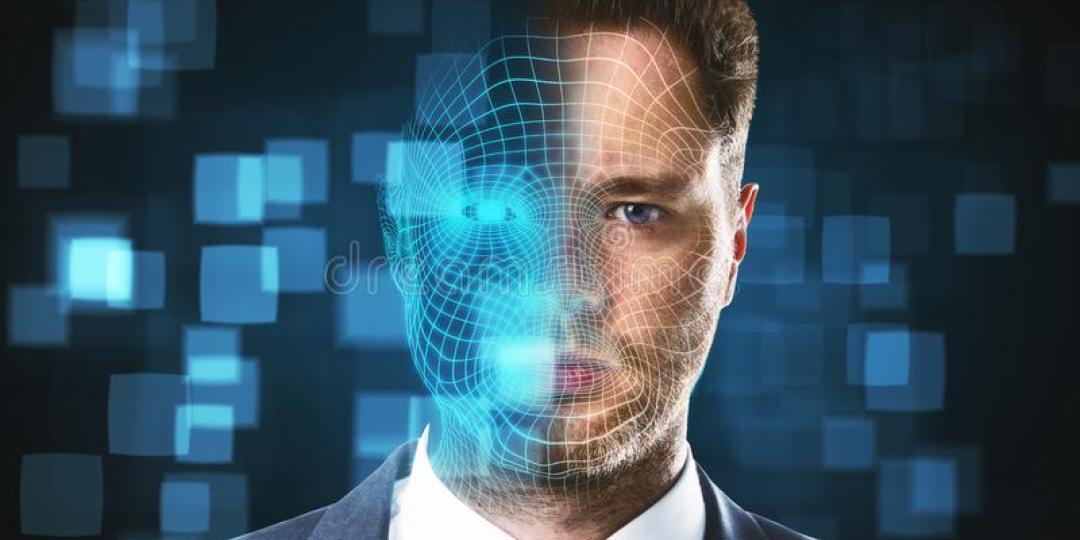It is well known that the Covid pandemic has forced change in many industries and driven digitalisation at a pace faster than anyone could have anticipated, but it has happened at the cost of robust security and digital authentication.
The ramifications of this could be felt soon, as it becomes increasingly difficult to know whether the person on the other end of a digital transaction is legitimate and authenticated.
Juniper Research, in its 2020-2025 Digital Identity Market Summary, estimates that digital identity apps will exceed 6,2 billion by 2025 from a 2020 base of one billion.

South Africa, together with most other countries, is on an aggressive growth path towards digital authentication and digital recognition maturity. Entrepreneur and digital, remote biometric authentication specialist, Lance Fanaroff from iiDENTIFii, says there have been pros and cons as a result of Covid. “It would appear that 2020 and 2021 rolled into one, resulting in a very hard 24- month year for the majority of businesses. The Covid-19 pandemic has seemingly also been the tipping point for so many technology-driven change cycles, both good and bad, which has left many businesses in a digital dilemma.” Having recognised the dire need for remote biometric identity authentication locally, iiDENTIFii has successfully developed globally relevant technology that provides proven biometric liveness and facial verification, and validates data through secure, triangulated authentication in under thirty seconds, meeting the highest standards of security and data protection. While it is technically complex, the solution simply assures that an individual is a real person and present at the time of transaction or verification, and that the person’s online identity, in a digital world, is who he/she claims to be.
In essence, iDENTIFii wanted to make sure they could offer a secure and user-friendly technology platform that authenticates physical identities in a connected world. This unique approach has seen the company win the MTN Business App of the Year Award 2021 in the ‘Best Enterprise Solution’ category; it has also attained Microsoft co-sell partner status with its biometric digital authentication and automated onboarding solution hosted in Microsoft Azure. The company has also won the 2021 new Microsoft ISV Partner of the Year award. Fanaroff says that while Covid did accelerate digitalisation across many industries, the speed with which it was implemented led to poor choices, which will be felt in the next two to five years.
A key area of concern, according to Fanaroff, is digital recognition and digital authentication solutions. These are widely regarded as critical must-haves coming out of the “24-month year” global pandemic.
Many companies may have implemented inadequate solutions and left their key assets -- their data and intellectual property - vulnerable and at risk. Remote working has amplified the threat and it is becoming imperative Digital identity is a crucial business requirement to know who you are really speaking to on the other side of the screen.
According to Fanaroff the digital identity verification industry, globally, had seen an investment of almost $2B when 15 scale-up businesses were funded to develop facial recognition solutions: “In ten months, the industry received more funding than in the past seven years. This spike of more than 100 times the funding previously received shows that those on the technology forefront know that digital verification is a growing concern and an immense opportunity.”
That said, Fanaroff believes that the industry has only addressed the tip of the iceberg. The financial services industry is leading the race when looking at digital authentication and digital recognition, because regulations require them to have robust systems in place for Know your Customer (KYC) compliance.
As 2021 speeds to an end, Fanaroff says that the year has been witness to some significant achievements. Massive adoption of more digital technology and a level of comfort with compliance are two of the main positives, while a level of standards setting has also been achieved: “We are seeing a move towards more impressive inter-operability, and benchmarks are being established within the digital identity authentication and digital recognition space. iiDENTIFii is looking forward to increased collaboration across sectors and even competitors. By working together, the success of cyber attacks will undoubtedly decrease, and it is simply a mindset change that is acutely needed.”
Digital identity is about much more than creating an online account. Digital identity systems or ‘ID Networks’ are no longer an island, isolated from anything else going on around them. They are multi-faceted, multi-component ecosystems facilitated via APIs, open standards and protocols. Digital identity is unique, in that it needs both security and privacy and at the same time, when done well, enhances security and privacy.














